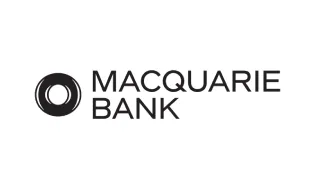Macquarie Bank Transaction Account
Monthly fee
ATM withdrawal fees
Debit Card
- Earn interest on your balance
- No ATM fees
- No international purchase fees
- No monthly account keeping fees
- Convenient on-the-go banking with the mobile banking app
- No branch access
| Rewards program | N/A |
|---|---|
| Annual Fee | $0 |
| Purchase Rate | |
| Welcome offer | |
| Interest-free period | Up to days on purchases |
| Balance transfer | N/A |
| Bonus points |
N/A |
| Rewards points per $ spent | N/A |
| Foreign currency conversion fee |


